Is Crypto Spot Trading Haram? Islamic Guide
Author: Jameson Richman Expert
Published On: 2025-10-28
Prepared by Jameson Richman and our team of experts with over a decade of experience in cryptocurrency and digital asset analysis. Learn more about us.
Is crypto spot trading haram is a question many Muslims ask as cryptocurrencies become mainstream. This article examines the Islamic legal criteria—riba (interest), gharar (excessive uncertainty), and maysir (gambling)—and applies them to crypto spot trading. You’ll find balanced scholarly viewpoints, practical steps to pursue halal trading, risk-management tips, and resources for further reading so you can decide or consult a qualified scholar with clarity.
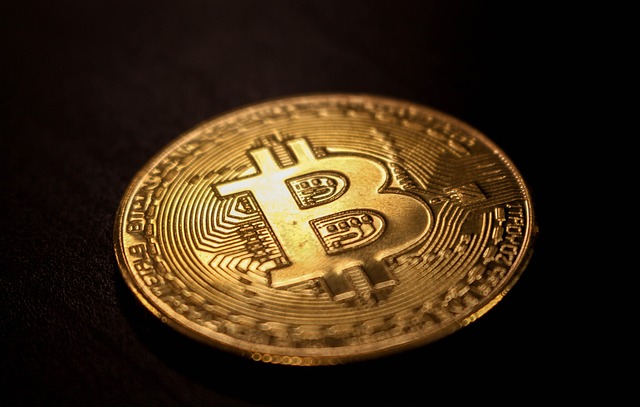
Summary: What this article covers
- Definitions: spot trading vs derivatives and key Islamic finance concepts
- Arguments why crypto spot trading might be considered halal
- Arguments why it might be considered haram
- Practical checklist to make spot trading more likely compliant with Sharia
- Actionable steps, examples, and recommended reputable platforms
- Further reading and authoritative links
Understanding core terms
What is crypto spot trading?
Spot trading is the immediate exchange of one asset for another at the current market price, with settlement occurring "on the spot." For cryptocurrencies, spot trades involve buying and selling actual tokens or coins (e.g., buying Bitcoin and holding it in your wallet). For a neutral financial definition, see Investopedia’s explanation of spot trading.
Important Islamic finance concepts
- Riba — interest or usury; transactions involving guaranteed interest are forbidden.
- Gharar — excessive uncertainty or ambiguity in the subject matter or terms of a contract; transactions with significant uncertainty can be invalid.
- Maysir — gambling or games of chance where wealth is obtained by chance rather than productive effort; prohibited.
- Asset ownership — legitimate sale requires clear ownership and the ability to deliver the asset.
These principles are the test applied by scholars when assessing any new financial instrument, including cryptocurrencies. If a transaction involves none of the prohibited elements and is structured transparently, many jurists may deem it permissible; if it involves riba, gharar, or maysir, it will likely be ruled impermissible.
Why some scholars say spot crypto trading is halal
When reviewed against classic Sharia objectives, several arguments support permissibility of spot trading in cryptocurrencies:
- Asset exchange with immediate settlement: In spot trades you buy and receive the actual asset (coin or token). This resembles permissible exchange of currency or commodities.
- Currency-like function: If a cryptocurrency is treated as a currency or store of value, trading it can be likened to FX trading, which many jurists accept when done without interest or gambling. See general context on cryptocurrencies at Wikipedia: Cryptocurrency.
- No hidden interest: Pure spot trades don’t involve borrowing with interest, unlike margin or leveraged products that can incur riba.
- Legitimate economic activity: If tokens represent utility, and trades support liquidity and price discovery, many consider this productive commerce rather than speculative gambling.
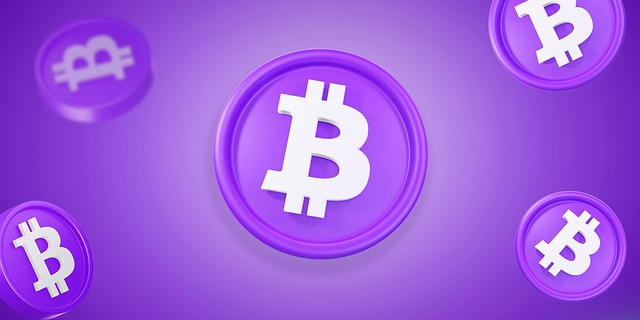
Why some scholars say spot crypto trading could be haram
There are legitimate concerns that lead scholars to caution or rule against spot crypto trading in certain contexts:
- Excessive speculation (gharar and maysir): If trading is akin to gambling—highly speculative, with investors relying on luck—it may be considered maysir. Short-term, high-frequency speculative trades raise red flags.
- Unclear asset status: Some cryptocurrencies lack intrinsic value or clear underlying usage; when the asset is purely speculative, the sale may involve gharar.
- Fraud, scams and deceptive projects: Many tokens are associated with fraudulent ICOs or rug-pulls. Trading such tokens could be facilitating haram activity.
- Secondary services with interest: Using exchange services that lend your assets or pay interest (e.g., margin accounts, interest-bearing staking-like features) may involve riba.
Key distinctions: spot trading vs margin/futures
Understanding the difference is crucial for Sharia compliance:
- Spot trading: Buy and hold the actual asset. Typically no borrowing, no counterparty promises beyond the exchange infrastructure.
- Margin trading: Borrowing funds to increase exposure. Interest charges and obligatory repayment often involve riba and can be impermissible.
- Futures and perpetual contracts: These are derivatives where you may never hold the underlying asset; they often involve leverage, funding rates, and speculative bets—raising significant Islamic legal concerns.
Many scholars who permit crypto trading emphasize spot-only, non-leveraged trades while advising caution or forbidding margin, futures, and interest-bearing products.
How Islamic jurists approach the question
Scholars generally apply traditional jurisprudential tools: analogical reasoning (qiyas), public interest (maslahah), and consideration of harm (darar). Fatwas differ based on:
- The nature of the token (currency vs. utility vs. security)
- How the exchange operates (does it lend customer funds? does it pay interest?)
- Trader behavior (speculation vs. informed investment)
Because rulings vary, many recommend case-by-case assessment and consultation with a qualified Islamic finance scholar. Some organizations such as the Accounting and Auditing Organization for Islamic Financial Institutions (AAOIFI) publish standards and guidance: AAOIFI.
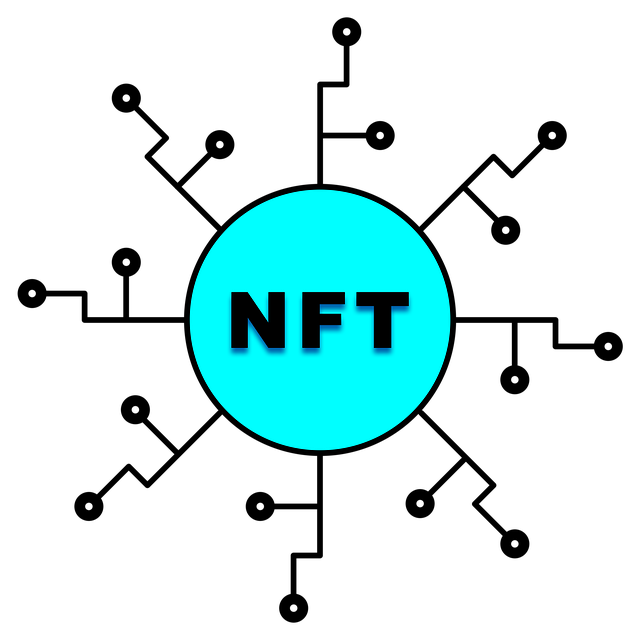
Practical checklist: Make spot trading more likely halal
Follow this actionable checklist to align spot crypto trading with Sharia principles.
- Trade spot only — avoid leverage and margin. Do not borrow funds to trade or use margin facilities that charge interest.
- Avoid interest-bearing products. Don’t place assets in accounts that pay guaranteed interest or take part in lending pools that pay interest (riba).
- Verify token utility and legitimacy. Favor tokens with clear use-cases, governance, or underlying assets. Avoid anonymous or fraudulent projects.
- Practice informed investing — reduce gharar. Research project fundamentals, whitepapers, team, and tokenomics. Excessive uncertainty increases risk of prohibition.
- Reject gambling-like behavior. Avoid pump-and-dump schemes, wagering, or betting on price movements with no research.
- Document transactions and intentions. Keep records showing legitimate investment intent (not gambling) and note due diligence performed.
- Seek scholarly advice if unclear. When in doubt, consult a trusted Islamic finance scholar or local mufti.
Where to trade spot crypto more safely (platform recommendations)
Using regulated, reputable exchanges reduces counterparty risk and exposure to shady practices. If you want to use mainstream spot exchanges, consider:
- Binance (spot market registration) — large liquidity and spot trading pairs.
- MEXC — supports many spot tokens.
- Bitget — spot markets and copy trading tools (use spot features).
- Bybit — offers spot and derivatives; avoid derivatives if you seek Sharia compliance.
Because exchange features differ, strictly use spot market services and disable margin/leverage products in your account settings where possible.
Practical examples: Applying Sharia criteria to real scenarios
Example 1 — Buying Bitcoin to diversify savings
A Muslim investor purchases Bitcoin on a spot market, transfers it to a private wallet, intends to hold for years as part of a diversified portfolio, and does not participate in lending or margin. This is commonly considered permissible by many jurists because: immediate possession occurs, no interest is involved, and the intent is investment rather than gambling.
Example 2 — Day trading altcoins with high leverage
A trader uses margin and leverages 10x to scalp micro-movements in volatile altcoins. This involves borrowing (possible riba), high speculation (maysir/gharar), and additional exchange funding fees. Many scholars would deem this impermissible.
Example 3 — Staking vs centralized lending
Staking native tokens to secure a blockchain sometimes is framed as profit-sharing. Centralized platforms that lend deposited crypto for interest-like returns create riba concerns. Whether staking is allowed depends on contract structure; consult a scholar and prefer direct participation in proof-of-stake networks rather than depositing with interest-paying centralized accounts.

Risk management: Ethical and Sharia-compliant best practices
- Diversify: Don’t concentrate all wealth in speculative tokens.
- Use cold wallets: For long-term holdings, reduce counterparty risk by withdrawing to private wallets.
- Know the project: Check whitepapers, audits, and team credentials to avoid scams.
- Limit speculation: Define a trading plan with risk limits; don’t chase quick gains.
- Transparency with income: If trading yields profits, maintain proper record-keeping for zakat and tax purposes.
Scholarly resources and fatwas: where to look
Fatwas and scholarly opinions vary. When researching, consult credible Islamic finance authorities and independent scholars. Examples of places to start:
- AAOIFI for standards on Islamic finance: aaoifi.com.
- Research papers on cryptocurrencies and Islamic law (universities and peer-reviewed journals).
- General context about cryptocurrencies: Wikipedia: Cryptocurrency.
Further reading (practical crypto resources)
To learn more about exchanges, market cycles, trading strategies, and automation, these resources are useful:
- Largest crypto trading platforms in the world — how to choose — helps pick reputable venues for spot trading.
- Can you buy Bitcoin on Bybit — guide — explains purchasing Bitcoin on a major exchange.
- What happens after altcoin season — market roadmap — market cycle analysis useful to reduce speculative behavior.
- Simple crypto trading strategy — beginner blueprint — practical, lower-speculation strategies for spot traders.
- Crypto trading bot & AI — automation — note: automated strategies must still respect non-leveraged, non-gambling rules.
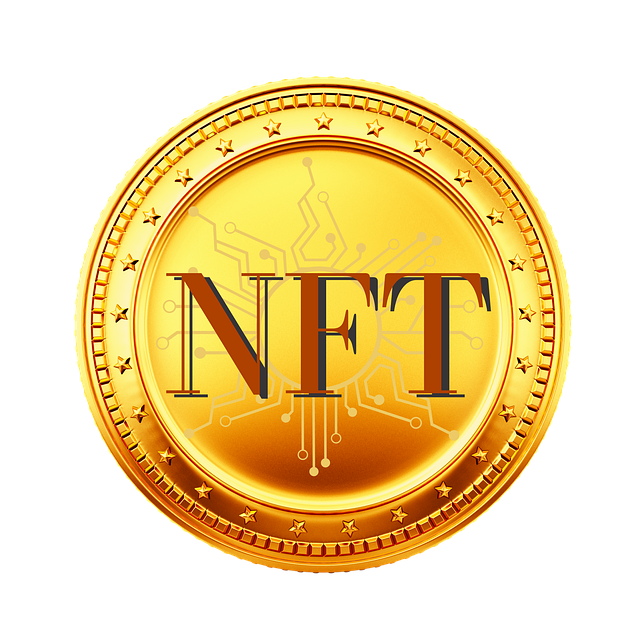
Regulatory and public-interest considerations
Regulation matters for both legality and Sharia compliance. Trading on regulated platforms reduces fraud risk and provides recourse in case of disputes. For context on market risks and policy, authoritative organizations like the Bank for International Settlements (BIS) and the International Monetary Fund (IMF) publish analyses on crypto’s systemic risks. For general background about cryptocurrencies’ role in finance, see resources from reputable institutions and regulators.
How to approach a personal ruling (fatwa)
If you want a clear ruling tailored to your situation, frame these elements for a scholar:
- Which coins/tokens you trade and their use-cases
- Whether you take custody (non-custodial wallet) or leave it on an exchange
- Whether you use margin, lending, staking, or other yield services
- Your average trade horizon (day trading vs long-term holding)
- Contractual terms of any platform you use (do they lend assets or pay guaranteed returns?)
Presenting this to a qualified mufti or an Islamic finance department will allow a context-sensitive ruling.
Frequently asked questions (FAQ)
Q: Is buying Bitcoin on a spot exchange halal?
A: Many scholars say yes if you take possession, avoid interest-bearing services, and trade responsibly. Buying spot and holding in private custody, with proper intention, is generally treated like buying any other asset. See this guide on buying Bitcoin on Bybit for a practical example: Can you buy Bitcoin on Bybit.
Q: Are derivatives and perpetual contracts halal?
A: Most jurists are critical of derivatives if they involve excessive speculation, no transfer of real ownership, or interest payments. Perpetual contracts with funding rates and leverage are often considered non-permissible.
Q: Is staking allowed?
A: It depends on the contract and whether returns are guaranteed interest-like payments. Native network staking that participates in consensus and shares rewards may be closer to profit-sharing (which can be permissible with proper structure). Centralized “interest”-like staking may involve riba and should be avoided unless a scholarly opinion supports it.
Q: How should I calculate zakat on crypto holdings?
A: Many contemporary scholars treat cryptocurrencies like other wealth/assets for zakat calculation. If you hold convenience assets for trade, apply zakat rules accordingly. Keep records—your exchange history and wallet balances will help. Consult a local scholar to confirm methodology.
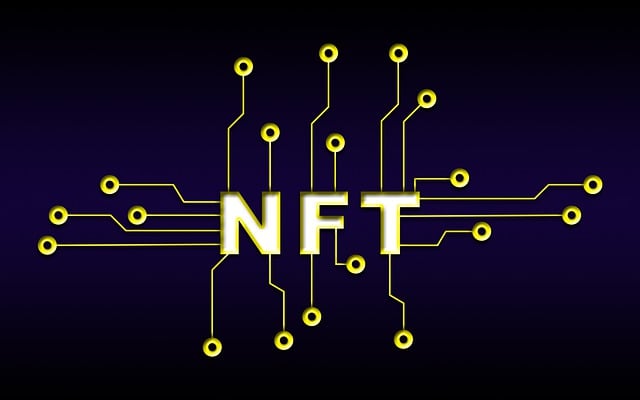
Conclusion — balanced, practical guidance
The answer to “is crypto spot trading haram” is not binary for every case. Many scholars find spot trading permissible when it meets these conditions: actual possession, no interest-bearing or loan-based mechanics, avoidance of gambling-like speculation, and due diligence on token legitimacy. Conversely, margin trading, derivatives, interest-bearing lending, and trading in fraudulent tokens raise serious Sharia concerns.
If you plan to trade, follow the checklist above: stick to spot markets, avoid leverage and interest, verify token fundamentals, use reputable exchanges (see recommended platforms above), keep records, and consult a trusted Islamic finance scholar for a tailored ruling. For practical trading resources, market platforms and strategy guides can help you trade responsibly; see selections on market leaders, buying guides, and trading strategies at CryptoTradeSignals (linked resources above).
Recommended next steps
- Decide your intent (investment vs speculation).
- Choose reputable spot-only exchanges and disable leverage features: Binance (register), MEXC (register), Bitget (register), Bybit (register).
- Perform due diligence on tokens and teams; avoid anonymous projects.
- Keep detailed records for zakat and possible audits.
- Consult a qualified scholar with full transaction details for a formal ruling.
Further scholarly and educational resources
- AAOIFI (standards for Islamic financial institutions): aaoifi.com
- General background on cryptocurrencies: Wikipedia: Cryptocurrency
- Spot market basics: Investopedia: Spot Market
- Practical trading and market resources: CryptoTradeSignals articles on exchanges, altcoin season, strategies, and automation (linked above).
If you’d like, I can: summarize the key Sharia concerns into a printable checklist, draft a message template to send to an Islamic scholar with your trading details, or evaluate a specific token and exchange features against the halal checklist. Which would you prefer?